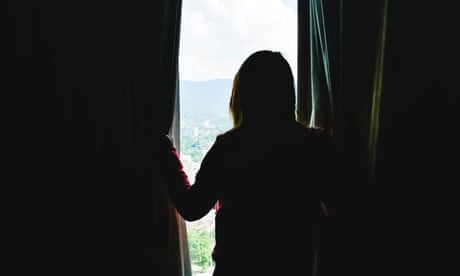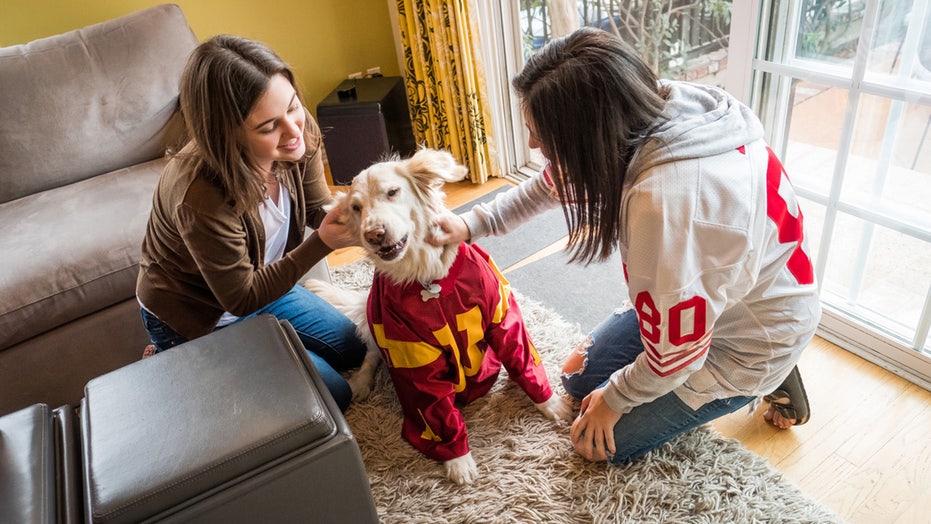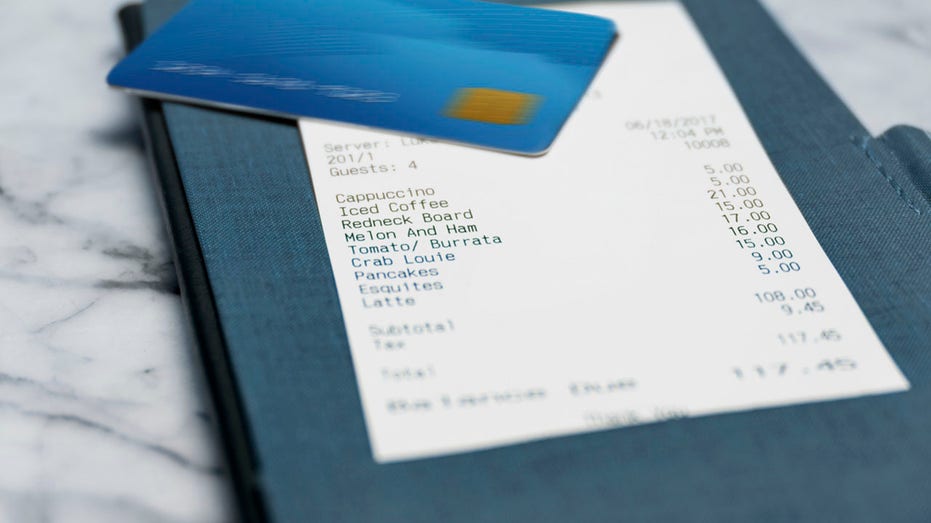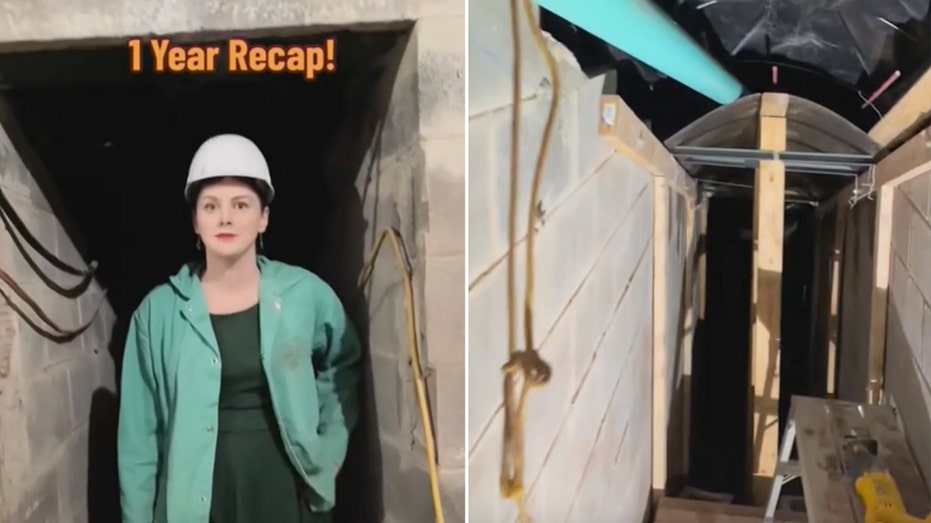- by foxnews
- 15 Mar 2025
Australians with the most to fear from Omicron living in ‘permanent lockdown’
Australians with the most to fear from Omicron living in ‘permanent lockdown’
- by theguardian
- 26 Mar 2022
- in news

Maddie Jones lives in Sydney's inner west and each day she updates a spreadsheet of Covid cases in her area.
The 51-year-old avoids certain places - or going out altogether - when numbers are high.
Hiti de Kretser, 41, lives in Prahran in Melbourne's inner south-east. This week she missed her uncle's funeral, deeming the risk of catching Covid too great.
At-risk Australians across the country are increasingly worried due to growing case numbers of the BA.2 subvariant of Omicron and the incoming approach of winter with very few health restrictions remaining.
Cancer patients, transplant recipients, people on immunosuppressive drugs and other vulnerable members of the public are stuck in a perpetual lockdown as the rest of the country tries to forget it is still in the thick of a pandemic.
There are roughly 500,000 "severely immunocompromised" Australians across the country, according to the federal health department. Either disease or medication has weakened their immune system and they are more vulnerable to getting severely sick or dying if they catch Covid.
The vaccines offer less protection, and some of them are being encouraged to have their fourth dose now before winter begins. The Department of Health would not provide the exact numbers of how many people have had their fourth dose.
"Immunocompromised individuals who have received three primary doses of a Covid-19 vaccine are also recommended to have a booster dose in line with the timing for the general population," it said.
Maddie Jones has had her fourth shot. She said her spreadsheet "is a bit silly" but she needs to track the virus. She has rheumatoid arthritis and takes drugs that suppress her immune system.
The last time she got a common cold it went for six weeks and while she doesn't think Covid will kill her, it could take her months to recover.
"If a cold can put me out for six weeks, what the fuck is Covid going to do to me?"
Jones lives alone, only goes to the shops once a week, and always wears an N95 mask. If she is seeing a friend, they will meet outside.
"From my perspective, it's work where it becomes an issue," she said.
Her employee has asked her to come in two days a week. She said it's "not a big ask" but is nervous about what that might mean for her exposure.
"I just don't need to get it. It's not going to be fun or in any way OK. It's a bad deal for me and people like me."
Millions more Australians are in high-risk categories - they have asthma, high blood pressure, or are simply over 70. For some, the worry of catching Covid does not impinge on enjoying freedoms they haven't had consistently for two years - while others are forced to live careful lives, waiting out the pandemic.
Prof Mike Toole, the deputy director of the Burnet Institute, said there are about 200 conditions that could render someone at high risk - and that the best protection is the vaccine.
"Fourth doses have been shown to be quite effective," Toole said. "In normal people, with a normal immune system, a fourth dose doesn't add much protection, it just brings it back to the same level of the third, but in immunocompromised people it brings it up quite dramatically."
Even with a fourth dose though, those at high risk should take precautions, he said.
"Always wear high-quality respirator mask indoors and avoid crowded settings. Doing all the things we know work to prevent Covid," Toole said.
"That's tough. A lot of people interpret that as staying at home.
"I would encourage people to spend a lot of time outdoors, you don't have to be locked up inside. Eat at an outdoor table, and make sure you have a mask on all the time except [when] eating and drinking."
Another woman, who lives in Melbourne but did not want to be named because there had been tension in the family over Covid-safe behaviour, said she had celebrated her birthday with one friend, in the back yard, with a fan blowing air away from her.
"It pervades everything," she said.
She described how if she went out to the park or to meet someone at a cafe it had to be close to home, so she did not have to use the toilet. There's a new baby in her family and she has not been able to hold it.
"Not being able to give a two-year-old a hug. It makes me so sad," she said.
Last week, Covid Live data showed cases had jumped 37% because of the more transmissible variant. While a lot of people have stopped checking the daily numbers, many immunocompromised Australians still count cases.
De Kretser lives with her husband and daughter. They're missing big family events, including her uncle's funeral and her sister's birthday party, and for her own 40th, she stayed at home. She has been to a restaurant twice in the last 12 months.
"It was at 5pm in the afternoon and sitting outside," she said.
"It feels like a double blow - if you were feeling OK, and up for doing something, then you can't because of the possibility of what can happen.
"It's permanent lockdown."
It affects her daughter's life, too. Her cousins aren't vaccinated so they have shorter play dates where it used to be sleepovers. She can go to parties, but only when the kids have had their shots.
De Kretser says the rhetoric around opening up, living with the virus feels isolating.
"I feel forgotten," she said.
For some, though, it's not a story of isolation, but of connectedness. Claire Kearns, 42, has an invisible disability that makes leaving the house difficult. While Covid poses a threat to her health, it has also supercharged her social life.
In 2018, she started her master's degree. She was put on an access plan which meant she was meant to be zoomed in to lectures.
"They decided they didn't know how to Zoom, so instead they were going to call me. I ended up on a loudspeaker on a lecturer's phone," she said.
The lecturers would forget to call her, leaving Kearns at home with no way of accessing her class.
"Then the pandemic broke and my world changed," she said. " I could see and talk to other people. It was the happiest I've been."
Now the world is opening up, Kearns wants the positive things about the pandemic - the way it has allowed us to easily work, learn and play online - to stay in place as an option for people like her.
"I see two people in my day. That's it. That's what I've gone back to. During the pandemic I was in seminars with 20 people, I was in group projects.
"Everyone needs a social life and some of us find it harder to get one," she said. "I would like to see people remember."
- by foxnews
- descember 09, 2016
Neighbors react as viral 'Tunnel Girl' granted permit to continue digging massive bunker under home
"Tunnel Girl" in Herndon, Virginia, "finally" got her tunnel project approved after pausing the project due to a potential violation. Locals and social media users react.
read more


